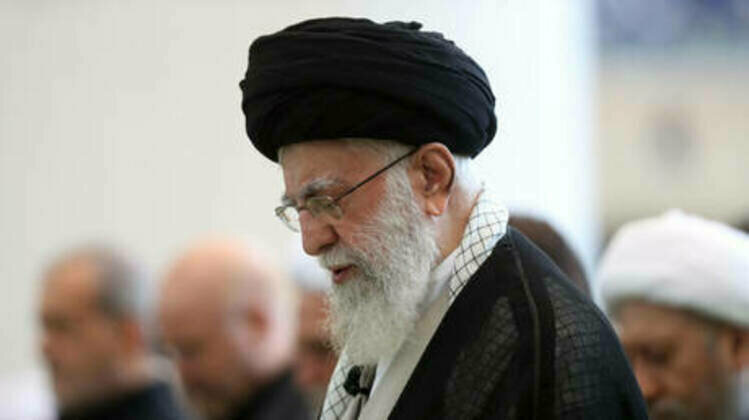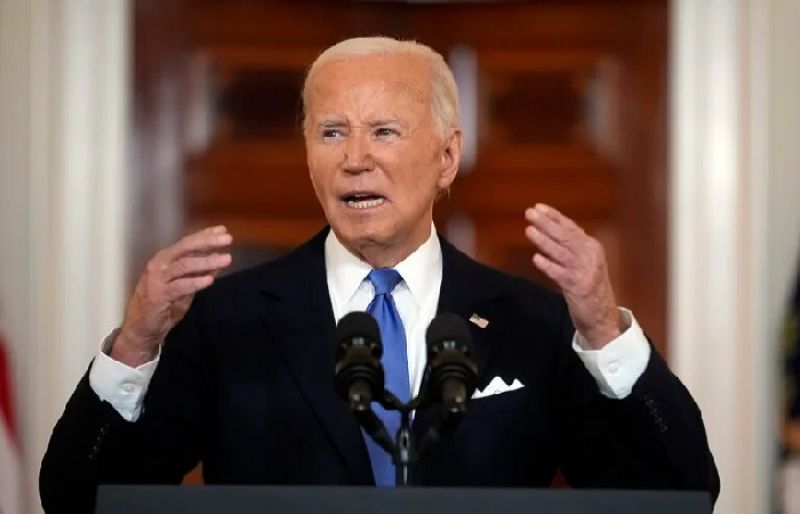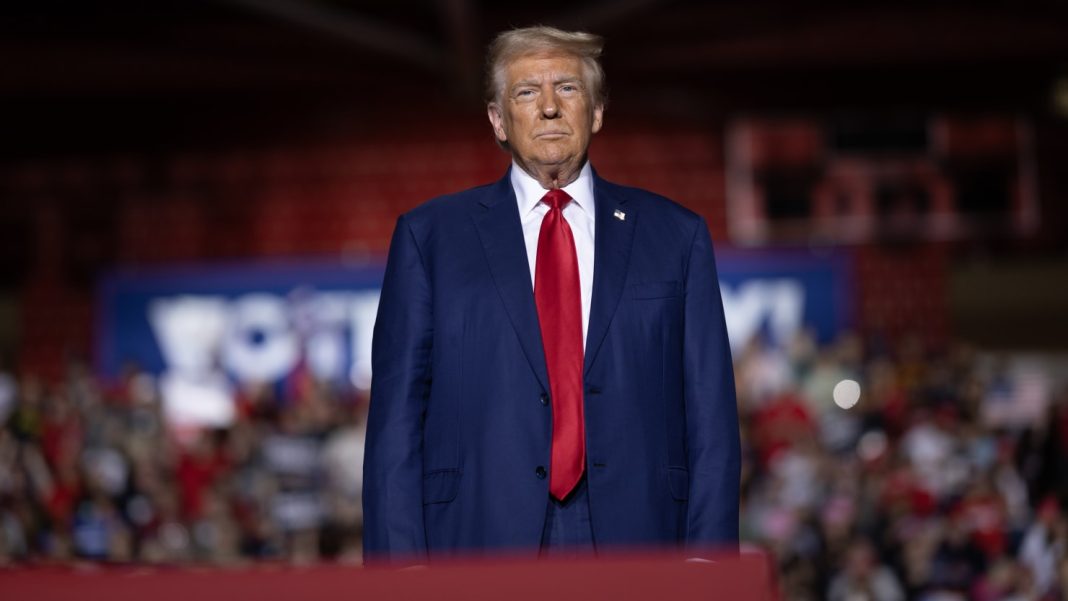Iran’s Supreme Leader Promises Retaliation Amid Escalating Tensions with Israel
In a fiery sermon that marked his first public address in nearly five years, Iranian Supreme Leader Ayatollah Ali Khamenei has vowed to retaliate against Israel following its recent military actions in Lebanon and the ongoing siege of Gaza. Khamenei characterized the surprise attack on Israel by Hamas last year as a "logical and legal" response to what he described as the "malicious and cowardly" actions of the Zionist regime. As the conflict continues to escalate, Khamenei’s remarks underscore the deepening tensions in the region and Iran’s commitment to supporting its allies.
A Year of Conflict: The Background
This Monday will mark one year since the onset of Israel’s military operation in Gaza, which was triggered by Hamas’ unexpected attack on southern Israel on October 7, 2023. That attack resulted in the tragic loss of around 1,100 lives and left over 200 individuals taken hostage. In retaliation, Israel launched a military campaign in Gaza that has had devastating consequences, with Gaza’s Health Ministry reporting over 41,000 Palestinian deaths amid the ongoing conflict and a long-standing blockade.
The situation has only intensified with Israel’s recent ground operations in Lebanon, prompting Iran to respond with a significant missile attack on Israeli targets. This escalation highlights the fragile state of affairs in the region, where tensions have been running high, particularly between Israel and its neighboring Muslim countries.
Khamenei’s Call for Defense
During his sermon, Khamenei passionately defended the actions of Hamas and Hezbollah, framing their resistance as a legitimate defense of their homeland. He stated, "The Palestinians, like every people, have the right to defend their land, their home, their country, and their interests against aggressors." He emphasized that this right is not only rooted in Islamic principles but is also supported by international law.
Khamenei’s rhetoric reflects a broader narrative within Iran and among its allies, portraying the conflict as a struggle against foreign aggression. He asserted that those who support the Palestinian cause are fulfilling their moral and legal obligations, reinforcing the idea that the fight against Israel is a collective responsibility.
Retaliation and Regional Dynamics
In a stark warning, Khamenei described Iran’s missile attack on Israel as merely "the minimum punishment" for what he called the "usurping and bloodthirsty" actions of the Israeli regime. He criticized Israel for its military tactics, which he claimed have resulted in the destruction of homes, schools, and hospitals in Gaza. Khamenei’s comments reflect a commitment to continue supporting Palestinian resistance, stating that Iran "will perform any duty required" to see Israel defeated.
He also took aim at the United States, accusing it of being a key enabler of Israel’s actions. Khamenei argued that the Israeli regime has only managed to survive due to American support, likening its behavior to "rabid wolves and raging dogs" in the region. He asserted that the primary issue in the Middle East is foreign interference, suggesting that regional countries could achieve peace and security if left to their own devices.
Looking Ahead
As the situation continues to unfold, the implications of Khamenei’s statements are significant. The rhetoric of retaliation and support for Palestinian resistance could further inflame tensions in an already volatile region. With both Iran and Israel poised for potential escalation, the international community watches closely, aware that the consequences of this conflict extend far beyond the borders of the Middle East.
In the coming days and weeks, the world will be keenly observing how these developments play out, particularly as the anniversary of the conflict approaches. The stakes are high, and the potential for further violence remains a pressing concern for all involved.



